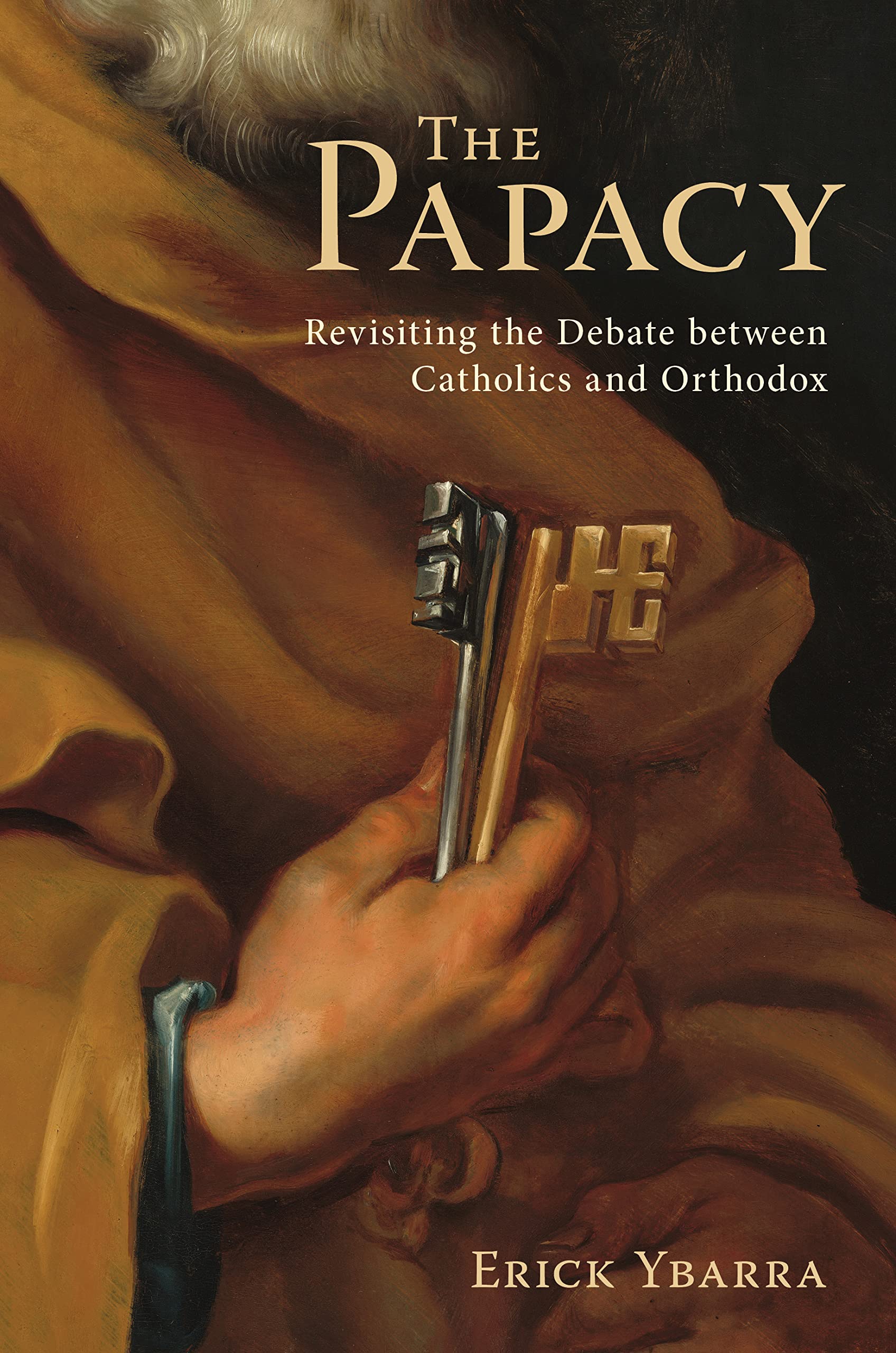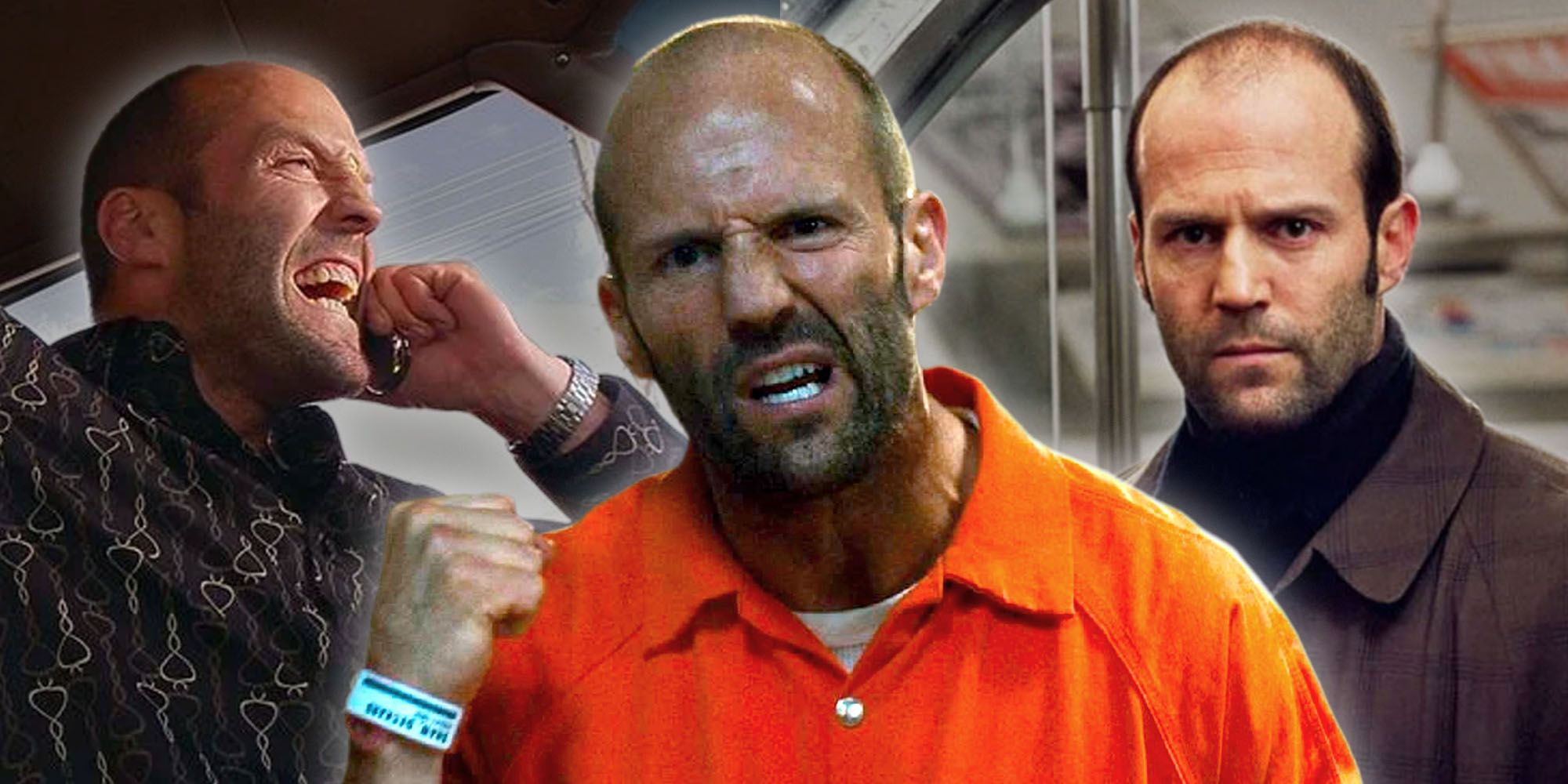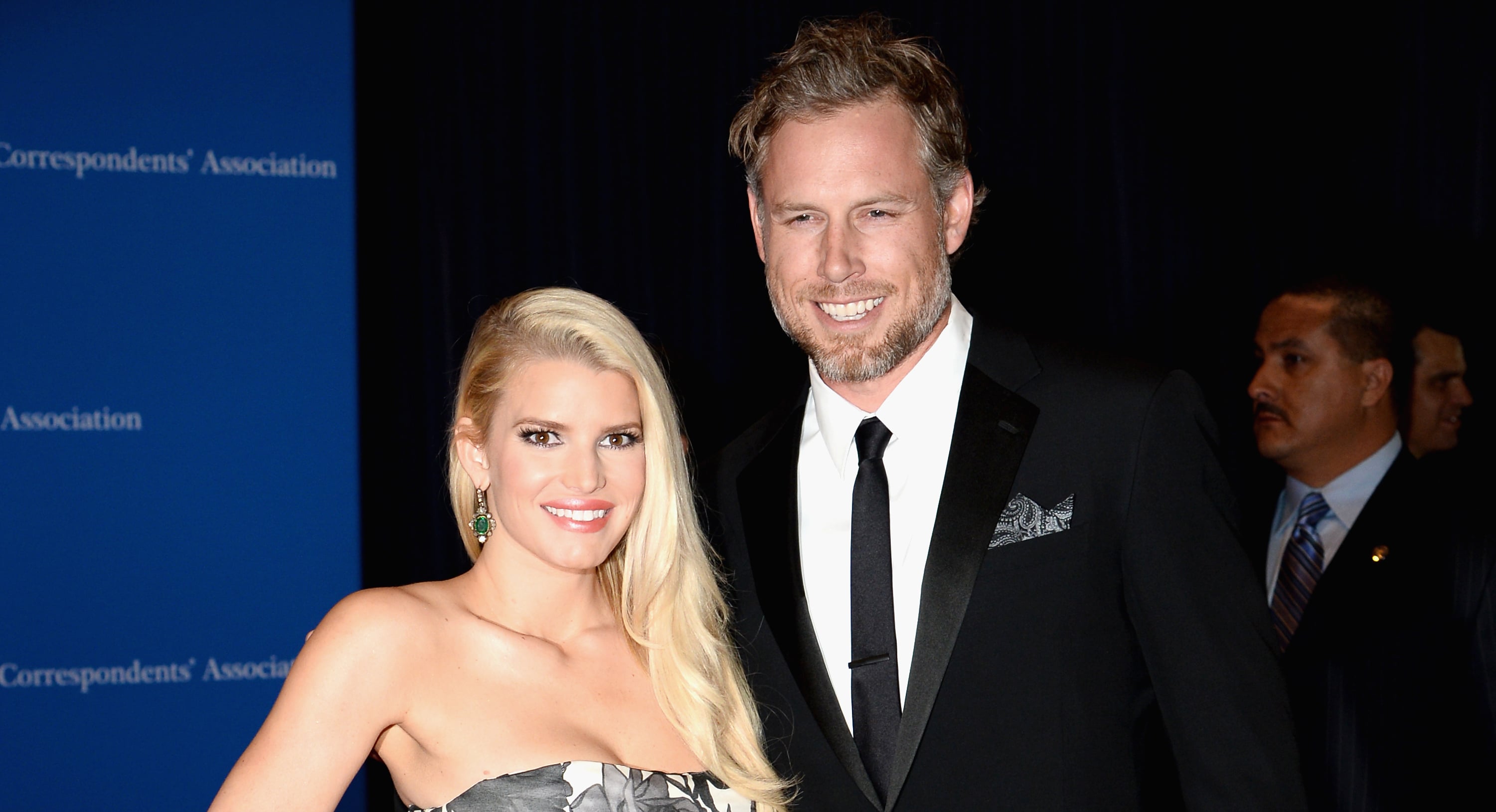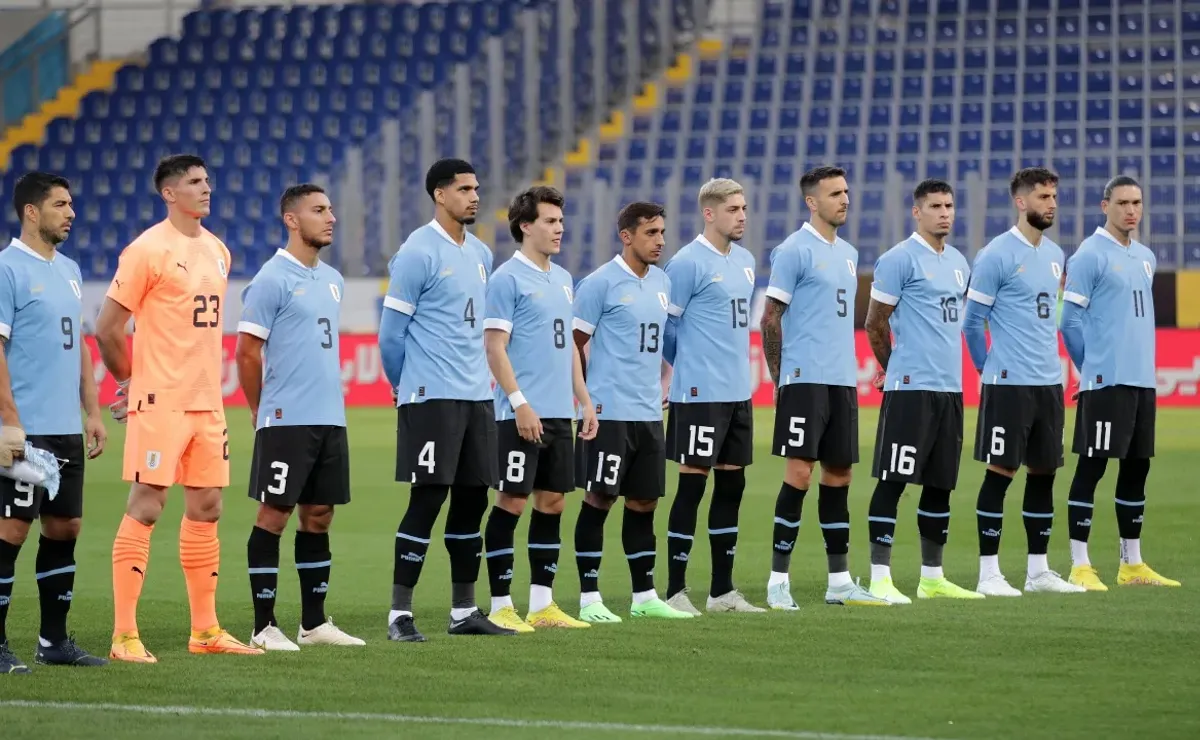Analyzing The Leading Contenders For The Papacy

Table of Contents
Cardinal Pietro Parolin: A Profile of Pragmatic Diplomacy
Theological Stance: A Moderate Approach
Cardinal Parolin's theological stance is characterized by a pragmatic moderation. He seeks to balance traditional Catholic doctrine with the challenges of the modern world.
- Emphasis on Dialogue: He prioritizes dialogue and understanding, seeking common ground between differing viewpoints within the Church.
- Inculturation: He advocates for inculturation, adapting the Church's message to different cultural contexts.
- Pastoral Care: He stresses the importance of pastoral care and reaching out to marginalized communities.
Political Leanings: A Skilled Diplomat
Cardinal Parolin's extensive experience as the Vatican Secretary of State has shaped his political leanings. He is known for his diplomatic skills and ability to navigate complex geopolitical issues.
- International Relations: His expertise in international relations makes him a potential bridge-builder between the Catholic Church and other world religions and political entities.
- Global Perspective: His experience working with diverse cultures and nations gives him a broad global perspective.
- Strategic Alliances: His extensive network of contacts within the College of Cardinals could prove advantageous during the conclave.
Potential Impact on the Church: A Focus on Unity and Global Engagement
A papacy under Cardinal Parolin could signify a continuation of Pope Francis' emphasis on global engagement and ecumenical dialogue.
- Interfaith Relations: He might foster stronger ties with other religious communities.
- Social Justice Issues: While not overtly progressive, his diplomatic skills could lead to nuanced approaches to pressing social justice concerns.
- Church Governance: He might prioritize efficient and effective Church administration.
Cardinal Luis Ladaria Ferrer: A Champion of Doctrinal Orthodoxy
Theological Stance: Deeply Rooted in Tradition
Cardinal Ladaria Ferrer is known for his unwavering commitment to traditional Catholic teachings and his expertise in canon law.
- Emphasis on Orthodoxy: He strongly emphasizes adherence to traditional Catholic doctrine and moral teachings.
- Defense of the Magisterium: He is a staunch defender of the Magisterium, the teaching authority of the Church.
- Conservative Interpretations: He tends to interpret scripture and tradition in a more conservative light.
Political Leanings: A Voice of Conservative Thought
Cardinal Ladaria Ferrer's political leanings align with a more conservative approach to Church governance and social issues.
- Limited Political Involvement: He is less involved in the political sphere than some other cardinals.
- Emphasis on Doctrine: His political stances are primarily guided by his theological convictions.
- Internal Church Reform: His focus might be on internal Church reform emphasizing doctrinal clarity and discipline.
Potential Impact on the Church: A Return to Traditional Values
A papacy under Cardinal Ladaria Ferrer could lead to a greater emphasis on traditional Catholic teachings and a more conservative approach to Church governance.
- Strengthening Doctrinal Clarity: He may prioritize clear and consistent communication of Church doctrine.
- Emphasis on Moral Teaching: He could stress the importance of living according to traditional moral teachings.
- Internal Church Reform: He may focus on internal reforms to enhance the unity and coherence of the Church.
Cardinal Michael Czerny: A Voice for Social Justice and Inclusion
Theological Stance: A Focus on the Marginalized
Cardinal Czerny's theological perspective is deeply rooted in social justice and the preferential option for the poor.
- Emphasis on Social Justice: He strongly advocates for the rights of the poor, marginalized, and vulnerable.
- Environmental Concerns: He is a passionate advocate for environmental protection and climate action.
- Migrant Rights: He is a vocal supporter of migrant rights and inclusive immigration policies.
Political Leanings: A Progressive Voice
Cardinal Czerny's political views are generally considered to be progressive and socially conscious.
- Social Justice Advocacy: He actively engages in social justice advocacy and works to address global inequalities.
- Political Alliances: His alliances within the College of Cardinals tend to be with like-minded individuals who share his social justice focus.
- Emphasis on Dialogue: He believes in dialogue and collaboration to address social and political issues.
Potential Impact on the Church: A More Inclusive and Socially Engaged Church
A papacy under Cardinal Czerny could significantly shift the Church's focus towards social justice and inclusion.
- Increased Social Engagement: The Church could become more actively involved in addressing social and environmental issues.
- Emphasis on Inclusion: He may promote greater inclusion and acceptance of marginalized groups within the Church.
- Global Solidarity: He might strengthen the Church's commitment to global solidarity and working with international organizations.
Key Factors Influencing the Papal Election
Several key factors will influence the cardinals' decisions during the conclave:
- Geographic Representation: The cardinals will consider geographic balance and representation from various regions of the world.
- Theological Factions: The influence of different theological factions within the College of Cardinals will play a significant role.
- Political Considerations: Geopolitical factors and the Church's relationship with various governments will be taken into account.
- Pastoral Experience: The cardinals will assess the candidates' experience in pastoral leadership and their ability to guide the Church.
- Administrative Skills: Effective administration of the vast global Church is another crucial consideration.
Conclusion
Analyzing the leading contenders for the papacy reveals a diverse range of theological perspectives and potential approaches to the challenges facing the Catholic Church. While predicting the outcome of the conclave remains uncertain, understanding the profiles and potential impact of these key figures is crucial for comprehending the future direction of the Catholic Church. We encourage you to further explore each candidate and their platforms to form your own informed opinion on this pivotal event. Continue your research into analyzing the leading contenders for the papacy to stay updated on the latest developments. The future of the Catholic Church hangs in the balance, and understanding the choices before the College of Cardinals is paramount.

Featured Posts
-
 Active Retirement Senior Trips Activities And Events Calendar
May 11, 2025
Active Retirement Senior Trips Activities And Events Calendar
May 11, 2025 -
 Sylvester Stallones Role In Jason Stathams New Action Movie A Setup
May 11, 2025
Sylvester Stallones Role In Jason Stathams New Action Movie A Setup
May 11, 2025 -
 New Song Suggests Jessica Simpsons Marriage To Eric Johnson Faced Infidelity
May 11, 2025
New Song Suggests Jessica Simpsons Marriage To Eric Johnson Faced Infidelity
May 11, 2025 -
 Lily Collins Stars In A New Calvin Klein Campaign Photo Gallery
May 11, 2025
Lily Collins Stars In A New Calvin Klein Campaign Photo Gallery
May 11, 2025 -
 Asi Se Jugara El Campeonato Uruguayo De Segunda Division 2025
May 11, 2025
Asi Se Jugara El Campeonato Uruguayo De Segunda Division 2025
May 11, 2025
